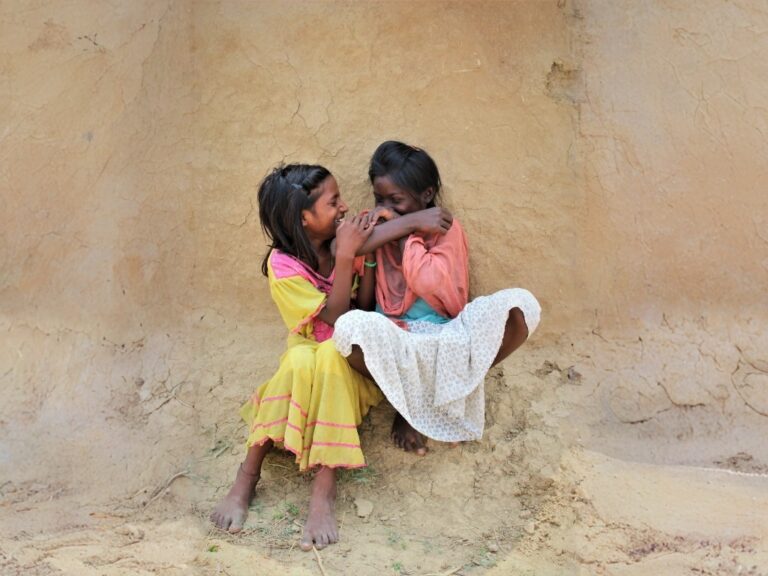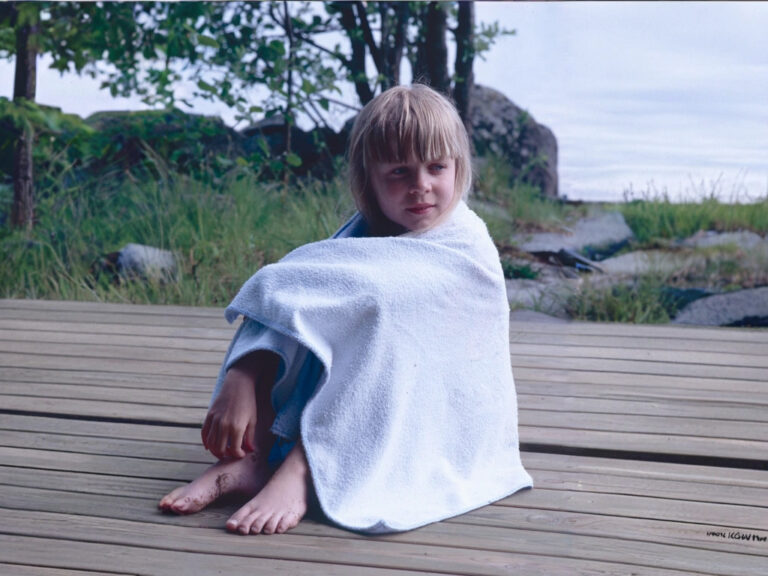Sacred Ground, Sacred Duty: The Ethics of Belonging
Reflections from the path
By Hari Sakti
Nearly fifteen years ago, I arrived in India for the first time, and something deep within me whispered, “This is home”. The scent of incense, the sounds of the temple bells, the vibrant colours, and the warmth of the people – none of it was familiar in an outer sense, yet everything in me felt a profound recognition. I knew then, as I know now, that this land would one day become my home.
I came as a spiritual seeker and a humble student of culture. India, rich in spiritual heritage and ancient wisdom, welcomed me not just as a visitor, but as someone willing to learn from within. Since then, I’ve travelled through nearly 20 States and territories, formed friendships across regions, and woven my life into the very fabric of Bhārat. My path has never been about observing from the outside, it has always been about entering from within.
Today, I live in India with the purpose of serving international seekers, those drawn to the sacred energy of this land. But my roots have grown through local soil. My orientation has always been from the inside out – beginning within local communities, building bridges through shared presence, and then expanding into offering.
In this reflection, I want to speak directly to a growing trend that we, as seekers, must look at with clear eyes and sensitive hearts.
Wellness hubs and the shadow of neo-colonialism
Across the world, we see flourishing wellness centres in places like Koh Phangan, Bali, Rishikesh, and now Goa, where I currently live. While these hubs have created space for healing, growth, and spiritual discovery, we must also acknowledge the deeper structures they often sit upon; ones that echo patterns of the past.
When international wellness spaces are largely controlled by wealthy Westerners, without meaningful engagement with or benefit to the local communities, this easily starts to look like a form of modern neo-colonialism. Property prices rise beyond local affordability, services become exclusive, and sacred cultural practices are repackaged for consumption – often without context, lineage, or reverence.
And most importantly, the original wisdom keepers of the land are often pushed aside by the Western influencers with polished branding but shallow roots.
This isn’t a critique to create division; it’s a call for deeper awareness and responsibility. If we come to these sacred lands to heal and learn, we must also be willing to honour the people and cultures that hold the sacredness we are seeking.
Integration, not imitation
True spiritual seeking requires humility. It asks that we enter with respect, not entitlement. It’s not enough to enjoy the trendy cafés, the scenic beaches, or the “good vibes. If we’re living in a developing country, especially those with access to privilege – earning in Euros or Dollars, while spending in rupees – we must ask: How are we giving back? How are we integrating, not just consuming?
Learning about the history of India’s colonisation, the evolution of the caste system, and the stolen legacies of culture, knowledge, and wealth has been essential for me. Bihar, for instance, once home to ancient centres of learning like Nālandā, is now one of the poorest states in the country. I lived and worked in rural Bihar with an NGO during my early years in India and witnessed, first-hand, systemic poverty, injustice, gender inequality, and the harsh realities many still live with today. This, too, is part of the backdrop against which our modern wellness dreams unfold.
To truly root ourselves in a place, we must learn its story. We must listen, not just to the land, but to its people. We must study the śāstra, yes, but also the lokavidyā – the lived wisdom of the culture.
Sensitivity in spiritual spaces
There are institutions and spiritual communities that, perhaps unintentionally, exclude the very people whose ancestry and lineage the teachings originate from. As a foreigner myself, I carry a deep responsibility to be aware of this dynamic and to ensure that my work remains open and accessible.
My spiritual teacher has always reminded us: When you are offering something on this land, especially as a guest, your doors must never be closed to those who carry dharma in their blood.
I’m grateful that my journey in India began in a place where privilege was stripped away. It gave me a foundation rooted in reality, not romance. And it’s this grounding that I carry with me into all I create.
Belonging begins with connection
When I moved to Goa, I found a quiet home in a local village, just outside the tourist zones. Living among local families, hearing the puja bells in the morning, watching children play cricket in the street, joining in moments and conversations on street corners – this is where I feel nourished. These small moments of everyday life offer more depth than any curated retreat could. And this is where I’ve found true connection; not in bypassing culture, but in learning to honour it.
I’ve been welcomed with warmth and generosity. I’ve shared meals in local homes, laughed over the spice levels, learned Goan cooking to complement my North Indian recipes. This is the heartbeat of the land, and it humbles me.
And because Soul Flow is a space of integration, community offerings are a part of the vision. One of them is a free community yoga class for locals and travellers to meet and share, and more initiatives, such as Sacred Touch – programs for local specially abled children – are coming. Giving back is not a charity, it’s a way to honour the support systems and people that hold these spiritual ecosystems.
From individual joy to collective responsibility
The modern spiritual world often overemphasises personal manifestation and “living your dream life.” But the path of Yoga, at its depth, is not self-centered. It is relational. It calls us into seva (sacred service), karuṇā (compassion), and yoga in its truest sense – union with all that is.
Yes, celebrate your success. Yes, receive the blessings that come. But let them overflow. Let your freedom be a sacred offering. Let your joy be of benefit to the world around you.
There is a Divine source behind every blessing, and with that gift comes responsibility. When we see that our freedom is not separate from the freedom of others, everything changes. The question becomes: How can I serve from here? How can I honour what I’ve received?
This is what Soul Flow means to me. It’s not just a brand or a practice – it is a rhythm of giving, of integrating, of remembering. It is how I wish to show up in this land, and how I hope others will, too.
In closing
Wherever you are in the world, if you feel called to live, serve, or seek in a land that is not your own – may you do so with awareness, reverence, and humility.
May we listen before we speak.
Learn before we teach.
Give before we take.
And may the soul flow not just through us – but between us.
From my heart to yours,
Hari Śakti








